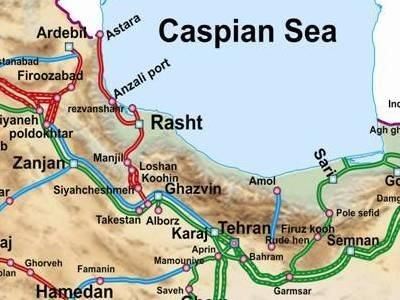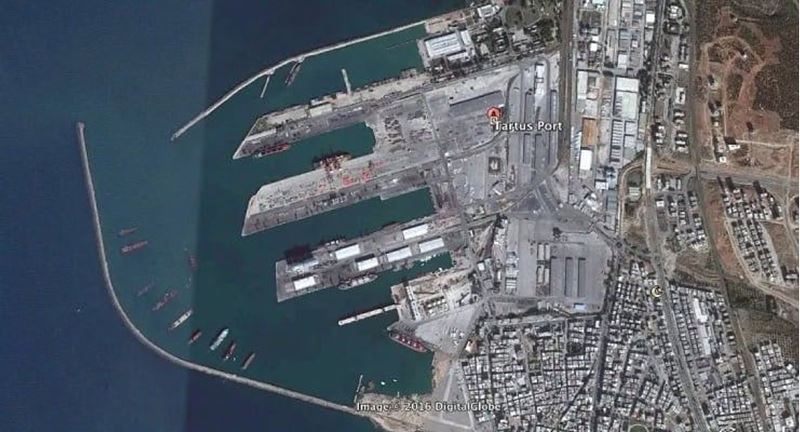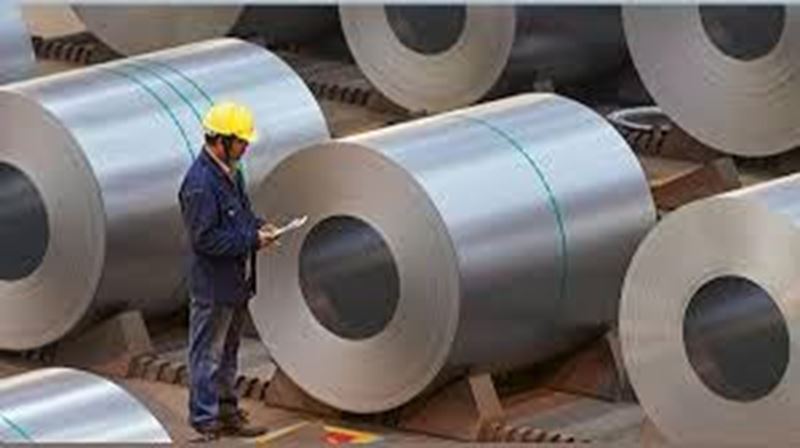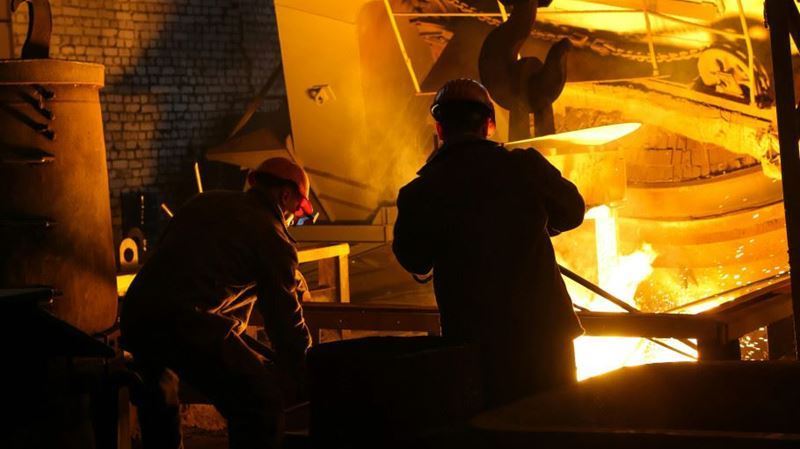After years of stalled negotiations and logistical hurdles, Iran’s Ministry of Roads and Urban Development has confirmed it is on track to finalize critical groundwork for the Rasht–Astara railwaya vital segment of the International North–South Transport Corridor (INSTC).
According to senior ministry officials, land acquisition along the 160-kilometer route is now progressing at an accelerated pace, with the goal of completing all necessary expropriations by early 2026. This step, long identified as a prerequisite by international partners, appears to have unlocked renewed cooperation with Russia, which is expected to fund the majority of the project.
The initiative, estimated at €1.6 billion, will see Iran contribute approximately 15% of the total cost, with the remainder financed through bilateral credit lines. Officials stress that this equity cap reflects fiscal discipline and has been mutually agreed upon.
Parallel to physical preparations, legal frameworks are being aligned to ensure statutory exemptions such as customs duty and VAT relief on imported rail infrastructure are embedded directly into the execution agreement. A dedicated legal annex is under review to guarantee enforceability across all state entities involved.
Notably, discussions have shifted from high-level pledges to actionable planning: technical teams are preparing detailed work packages, and preliminary engineering assessments are expected to begin even before full land handover signaling a move toward concurrent, rather than sequential, project delivery.
Diplomatic sources indicate that a formal signing ceremony could take place in Moscow within the coming weeks, paving the way for on-site mobilization by mid-2026.
Once completed, the Rasht–Astara line will connect Iran’s domestic rail network to the Caspian Sea port of Astara, enabling seamless freight movement between the Persian Gulf, Central Asia, and Europe via the INSTC. Analysts project the corridor could handle over six million tons of cargo annually, reinforcing Iran’s role as a key transit hub in Eurasia.










Comments
No comment yet.